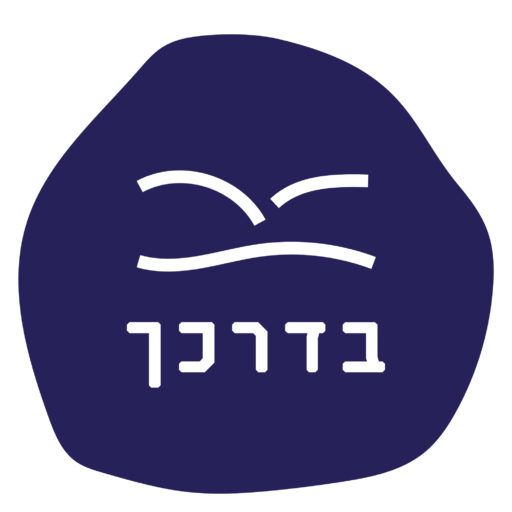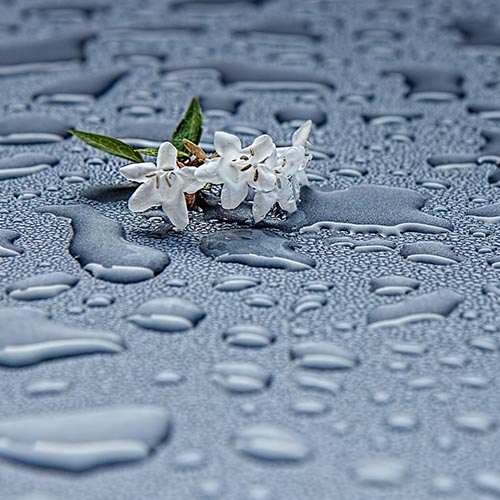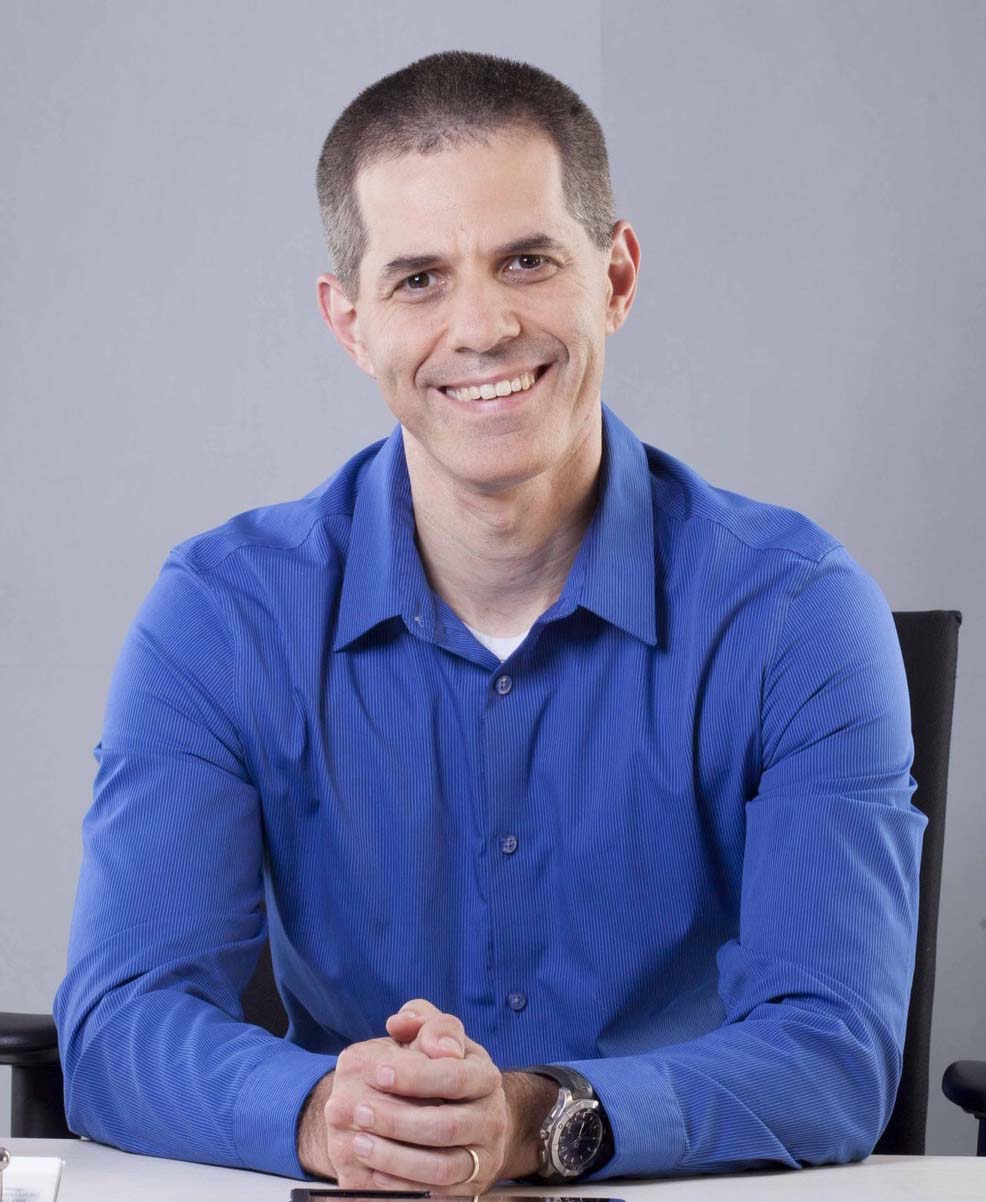Burial in Israel - background and our services
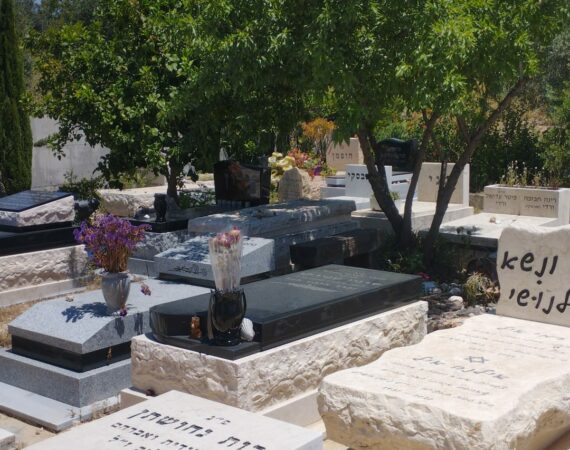
“Bedarkecha” which mean in your way, is a Funeral home in Israel.
Our local services include funeral arrangements with different cemeteries in Israel, we own a cremation facility, we provide body repatriation from Israel to abroad and we have one of the broadest ranges of coffins and urns in Israel.
We assist in the acquisition of plots for burial in Israel and all aspect of arranging a funeral in Israel for people abroad including all logistics and governmental process from the point the coffin arrives to Israel and all arrangement of the funeral service.
We have exclusive marketing rights for Givat Brenner an Nitzan cemeteries and we assist in purchasing plots in Jerusalem and Beit Shemesh.
you can read more on how we assist in acquiring burial plots in Isreal here
We assist in the acquisition of plots for burial in Israel and all aspect of arranging a funeral in Israel for people abroad including all logistics and governmental process from the point the coffin arrives to Israel and all arrangement of the funeral service.
Why do People abroad want to be buried in Israel
For many Jews, the desire to be buried in Israel is rooted in religious and cultural beliefs, as well as a connection to the historical and spiritual homeland of the Jewish people.Being buried in Israel is believed to have spiritual and religious significance, connecting individuals to their heritage and the ancestral homeland.
For some, burial in Israel is seen as a way to maintain Jewish continuity and preserve Jewish identity. It is often viewed as a way to be reunited with previous generations and to be part of the ongoing Jewish story.
For that reason Burial in Israel was always considered a great privilege and one of the highest honors a Jew could ask.
There are five key components of a traditional burial in Israel:
1. The Taharah – Preparing the Body for Burial – It is a simple, yet dignified ritual that allows the person to meet his Maker with the utmost respect and dignity. A proper Tahara includes cleansing, ritually washing, and dressing the deceased’s body.
2. The Tachrichim – Shrouds and Dressing. a Jewish person is not buried in his or her usual clothing. Similarly, jewelry or other adornments are not worn. The deceased’s body is dressed in plain white Tachrichim (traditional shrouds). These garments are hand-made from linen or muslin and are considered fitting for someone who is about to stand before finale judgment.
3. Burial – directly placing the body on the ground. the Torah commandment to return the body to the earth upon passing, as it it written “Unto dust shall you return” (Genesis 3:19). For that reason, the leading burial custom is to burry the dead without any casket (except for soldiers). In the US most, if not all, states mandate the use of caskets by law – so understanding this difference in approach is important.
4. The ceremony – family and friends usually gather in funeral halls near cemeteries to pay respects to the deceased, offer eulogies, and comfort the family. They then accompany the body to the gravesite for burial.
5. Gravestone – many people unveil the headstone 30 days after funeral, while others wait a year.

For many Jews, the desire to be buried in Israel is rooted in religious and cultural beliefs, as well as a connection to the historical and spiritual homeland of the Jewish people
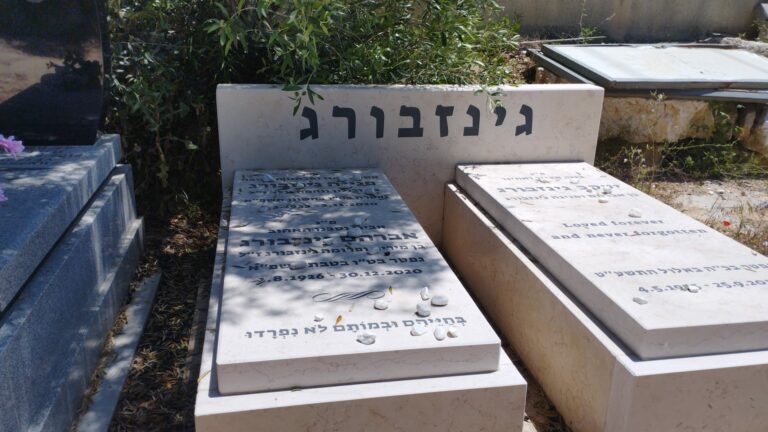
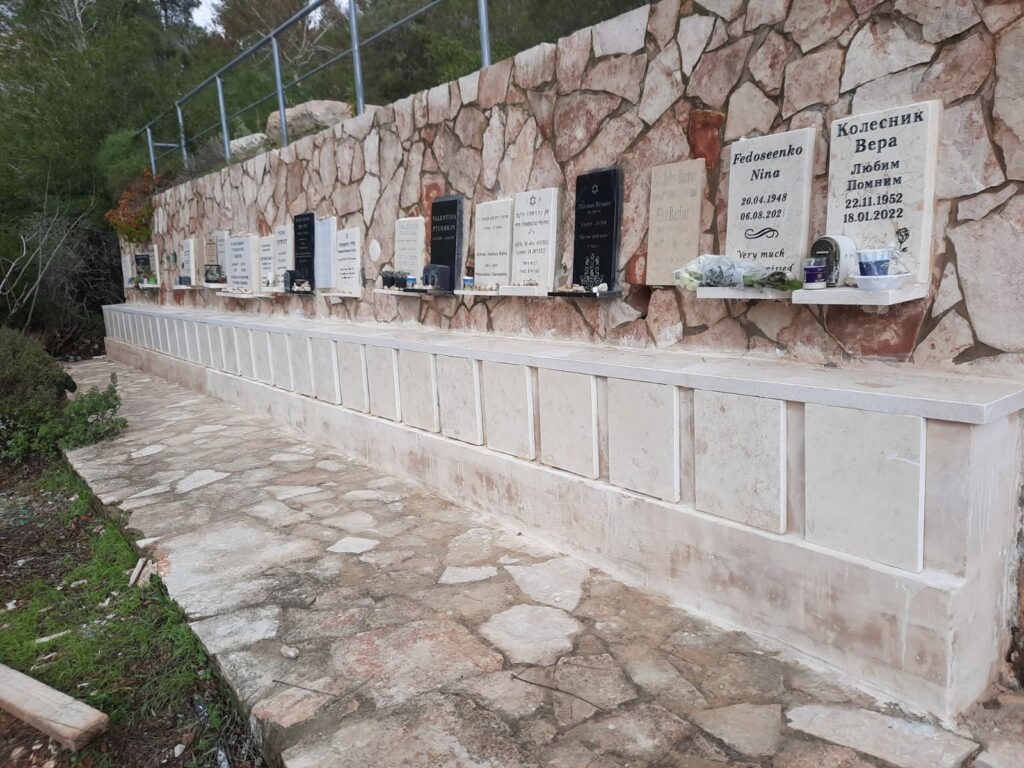
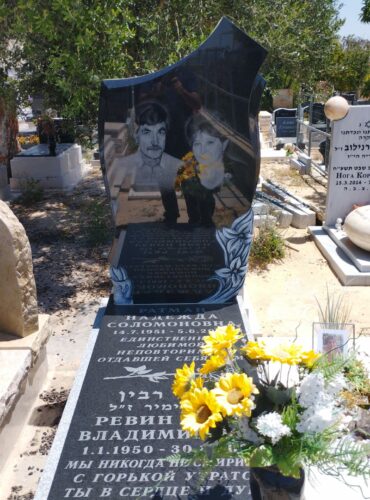
Burial options in Israel include:
Kevurat Sadeh (Ground Burial): single burial in one plot in the ground with a headstone
Kevurat Komot (Leveled Burial): one plot the allows multiple burials – the first burial is in the deepest depth and the last one at ground level. Soil will always be a barrier between burials. After the first burial a headstone is added and each additional burial requires the removal of the headstone and placing a new one in it’s place.
Kevurat Kukhin (in wall niche Burial): burials in a wall structure in multiple levels with headstones embedded in the front of the niche.
Kevurat Makhpela (Double Burial): paired burial, where a ground burial plot (double the area) is acquired with a joint headstone (for a couple)
There are a few civil cemeteries including privately owned cemeteries that provide civil burial services which allow casket burial, and much more flexibility regarding the content and the ceremony management.


